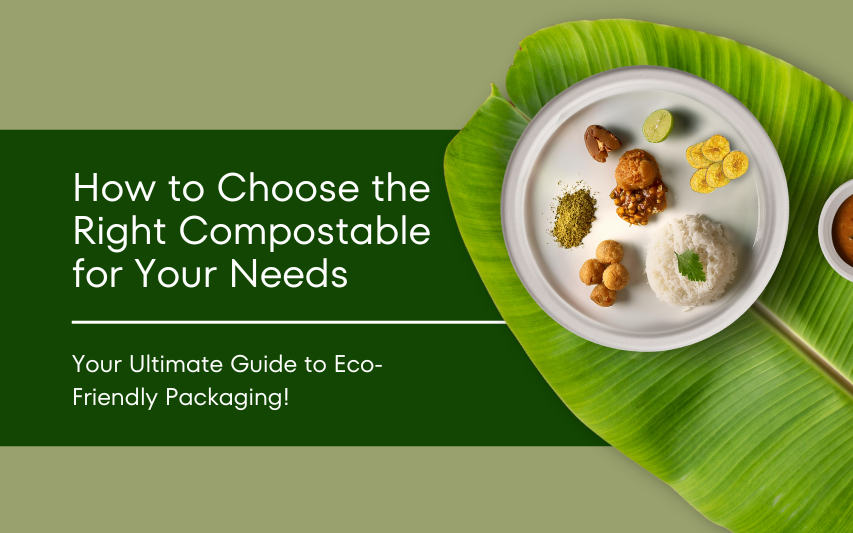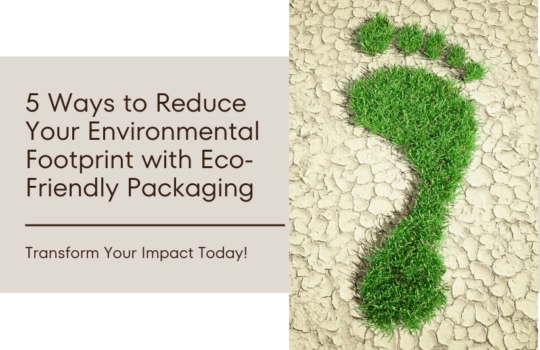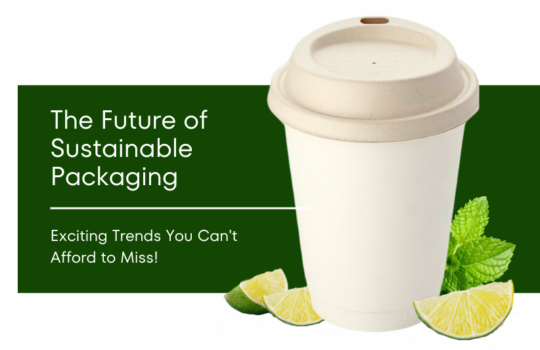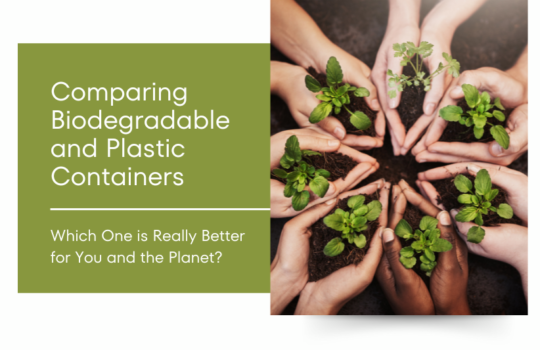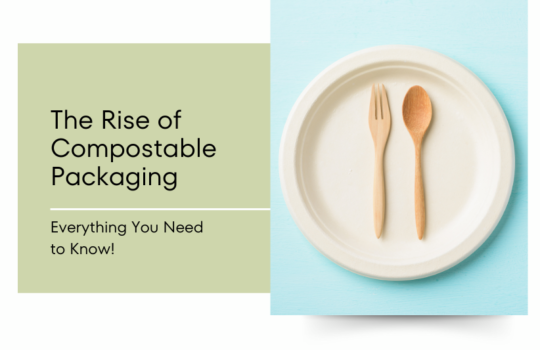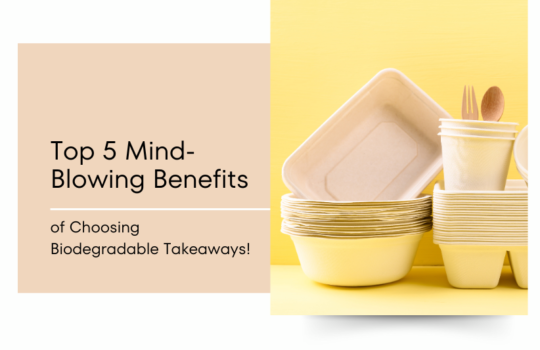Navigating the world of compostable materials can feel like a maze, especially with so many options and factors to consider. Whether you’re a business looking to go green or just someone passionate about making eco-friendly choices, selecting the right compostable packaging can make a world of difference. Dive into this guide to uncover everything you need to know about choosing the best compostable options for your needs!
Why Choose Compostable Packaging? The Game-Changing Benefits Await!
Why settle for standard packaging when compostable options offer a groundbreaking alternative? Compostable packaging isn’t just about reducing waste—it’s about transforming how we interact with the environment. By opting for compostable materials, you’re actively contributing to the reduction of landfill waste and greenhouse gas emissions. Unlike traditional plastics that linger for centuries, compostable packaging breaks down naturally, enriching the soil and supporting a healthier ecosystem. It’s a choice that goes beyond just being eco-friendly; it’s about committing to a sustainable future where every product you use helps restore and rejuvenate the planet. Say goodbye to waste and hello to a greener tomorrow!
How Do You Know If Something is Compostable? The Ultimate Checklist!
Determining if something is truly compostable can be tricky, but there are key indicators to look out for! Start by checking for certification labels such as the Compostable logo or ASTM D6400, which ensure that the material meets industry standards for compostability. Additionally, consider the material’s decomposition time—true compostables break down within a few months under composting conditions. Finally, verify if the material can be processed in local composting facilities; if it’s not compatible with your local composting system, it might not be as eco-friendly as it seems. By staying informed and checking these details, you’ll ensure that your compostable choices are as effective as they are green!
What Materials Are 100% Compostable? Discover the Cream of the Crop!
Ready to dive into the crème de la crème of compostable materials? Here are some top choices that are 100% compostable and perfect for your eco-friendly needs:
-
- Cornstarch-based Plastics: Derived from corn, these bioplastics are fully compostable and break down quickly in industrial composting environments.
-
- Sugarcane Bagasse: A byproduct of sugar production, bagasse is an excellent compostable material used for plates and containers.
-
- Paper and Cardboard: Made from wood pulp, these materials are compostable and widely accepted in composting facilities.
-
- Bamboo: Known for its rapid growth and biodegradability, bamboo is used for everything from utensils to packaging.
These materials are not just eco-friendly—they’re also effective in reducing your environmental footprint!
What Materials Can Be Composted? A Comprehensive List for Your Green Journey!
Composting isn’t just for food scraps; a wide array of materials can be composted to support a sustainable lifestyle. Here’s a comprehensive list of compostable materials to consider:
-
- Fruit and Vegetable Scraps: Perfect for turning into nutrient-rich compost for your garden.
-
- Coffee Grounds and Filters: These are excellent for composting and add valuable nutrients to the soil.
-
- Eggshells: They break down and provide calcium, enhancing soil health.
-
- Yard Waste: Grass clippings, leaves, and small branches are great for composting and help reduce landfill waste.
-
- Certain Biodegradable Plastics: Ensure they are certified compostable and compatible with your local composting system.
By understanding what can be composted, you’ll make more informed choices and contribute to a more sustainable waste management system!
Making the Right Compostable Choice: A Path to a eco-friendly Greener Future!
Choosing the right compostable packaging or material isn’t just a trend—it’s a commitment to a cleaner, greener future. With the right knowledge and resources, you can make choices that benefit both you and the planet. From understanding certification labels to knowing which materials are truly compostable, you’re well-equipped to make eco-friendly decisions that matter.


